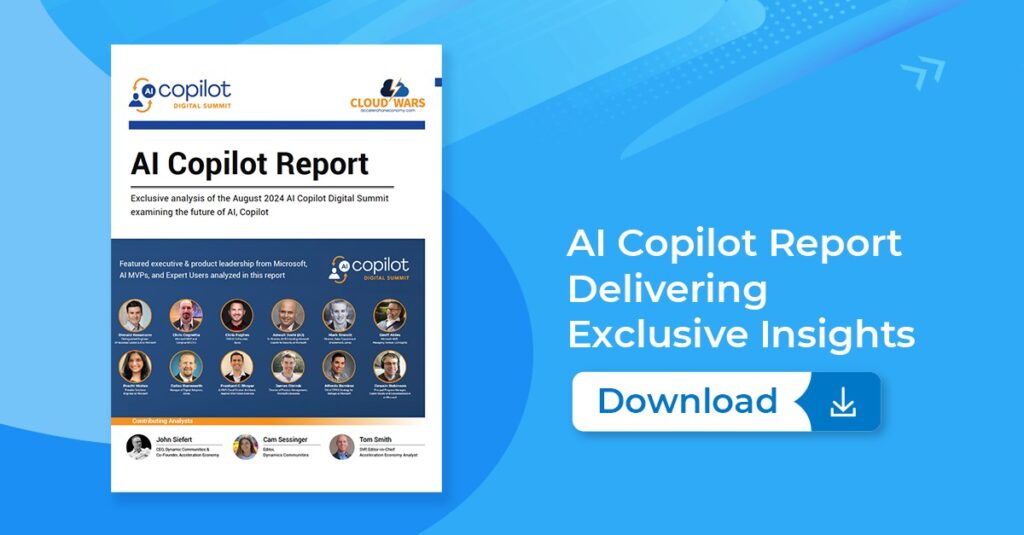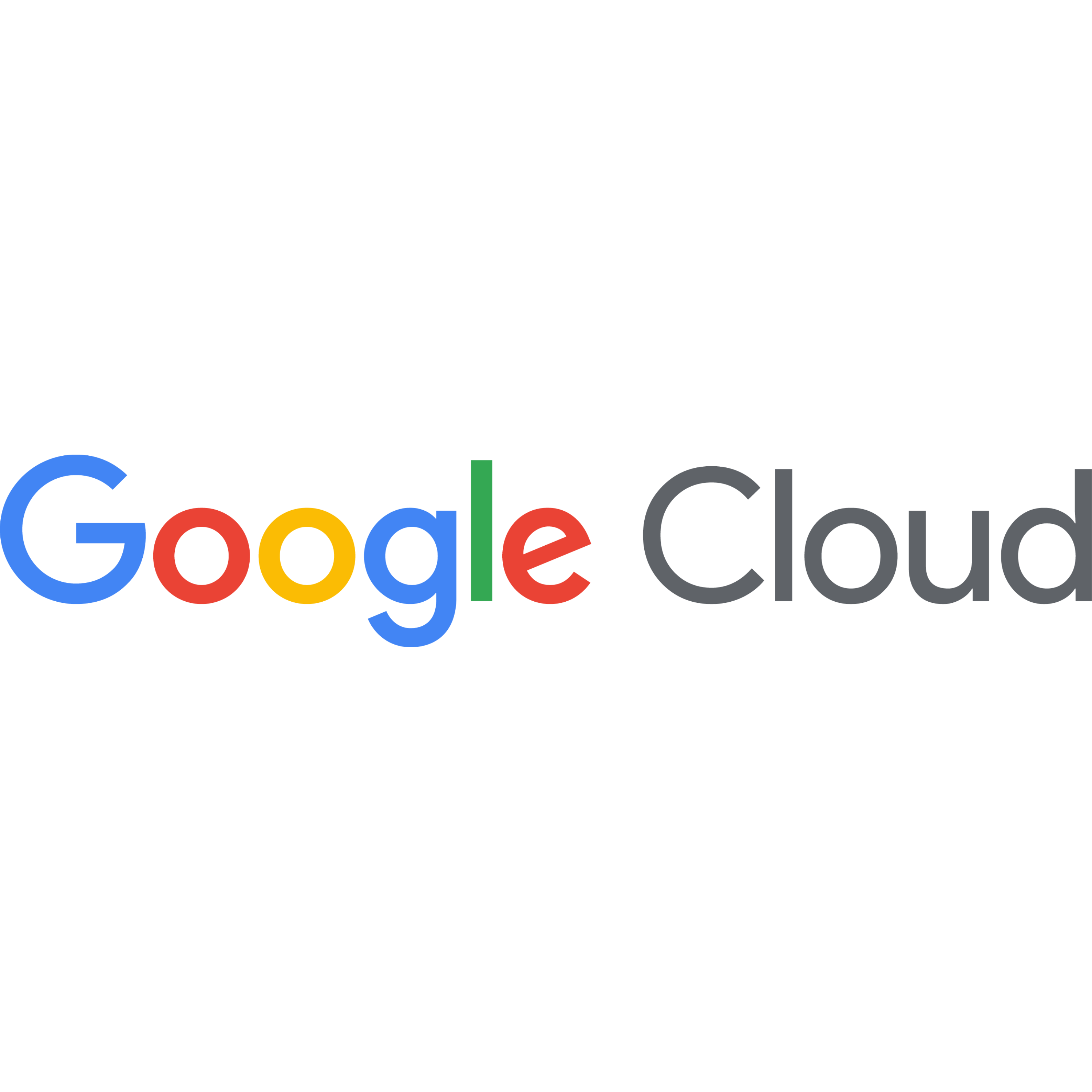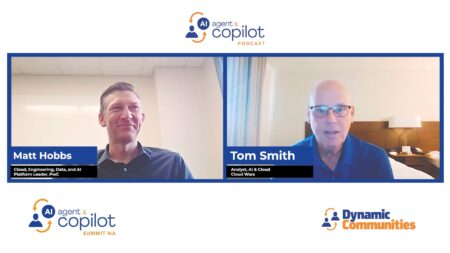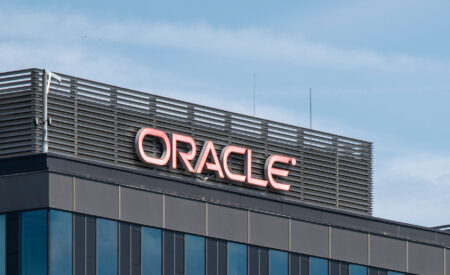
Business customers will soon be treated to the latest wave of AI innovation and opportunity as at least seven of the Cloud Wars Top 10 vendors are blitzing the market with AI agents to automate and optimize business processes and push the human/machine engagement to new heights.
Adding dramatic new dimensions of capability beyond what AI assistants and copilots can offer, this new wave of highly intelligent and often autonomous agents are designed to tie together processes, orchestrate previously disconnected workflows, identify suboptimal performance and recommend real-time improvements, and perhaps most important of all — unleash human potential and creativity by automating low-value work.
While some of this goodness is already in production or close to it for customers, the big wave of agent innovation will start to hit early in 2025 and will accelerate through next year and into 2026.
By my reckoning, the early leaders here at the outbreak of the Agent Wars are Salesforce and Oracle at the very top, followed by Google Cloud, then ServiceNow, and then Workday. Behind those breakaway leaders in my informal rankings are two of the world’s most-powerful and influential software companies — Microsoft and SAP — both of which will no doubt be jumping into the thick of the Agent Wars quickly and aggressively.
To give you a front-row seat on what each of those seven world-shaping companies are doing right now with AI agents, here’s my breakdown for each based on their latest public commentary about agents.
#1 (tie) Oracle. Promising 50+ new agents embedded within its Fusion applications over the coming 6-12 months, Oracle is focusing on two key business outcomes for its agents:
- Freeing many employees from having to do repetitive and low-value tasks; and
- Enabling businesses to re-imagine their workflows, processes, and possibilities here in the AI Era.
Emphasizing the goal of helping customers drive more value and innovation from their own data, Oracle executive vice president of applications development Steve Miranda said in a press release, “The new AI agents have the potential to completely change the way we work and do business. By enabling organizations to engage with business data in Oracle Fusion Applications in new and exciting ways, we can help our customers achieve new levels of productivity and unlock enormous business growth potential.”
The agents’ primary objectives are to provide data-driven guidance, make personalized recommendations, and complete tasks for people who are then able to take on higher-value work that benefits their company and creates new career opportunities.
At its recent CloudWorld event, Oracle highlighted some of those 50+ forthcoming agents, including Shift Scheduling Assistant, Employee Hiring Advisor, Benefits Analyst, and Customer Sales Representative Guide.
#1 Salesforce (tie). If sheer vision and public passion were the metrics for gauging these early Agent Wars, then Salesforce and Marc Benioff would be the runaway leaders. In a recent Cloud Wars Newsletter, I offered these comments from Benioff about the value agents can drive for customers:
- “We’re going to talk about a whole different kind of Salesforce today, a different kind of architecture, and a product that we didn’t even talk about on the last earnings call that is going to be fundamental to our future and a manifestation of our decade of AI leadership: and that is Agentforce.”
- “We’re building the agents for Workday and we’re going to be building custom agents for so many of you as well with Agentforce because it is a development platform as well as this incredible capability to radically extend your sales and service organizations.”
- “I assure you that within a year, we’re all going to have agent forces, and we’re going to have them at scale. And it’s going to radically extend our companies and it’s going to augment our employees, make us more productive. It’s going to turn us into these incredible margin and revenue machines.”
- “And this is our primary goal of our company right now. This is my singular focus.”
In addition to the agent partnership Salesforce has forged with Workday, the company also announced at its Dreamforce event last week a sweeping alliance with Google Cloud, which is another top contender on my informal Agent Wars Top 10 (well, so far 7). From that announcement:
Salesforce’s launch of Agentforce extends the existing bidirectional integrations between Salesforce and Google Workspace, allowing mutual customers to easily deploy autonomous agents that can take action and work seamlessly in the apps they use every day, all backed by robust privacy and user data protections already in place across Salesforce and Google Workspace. These Agentforce and Google Workspace interactions will be generally available later this year, so customers can begin building custom agents that have helpful skills across Google Workspace and the Salesforce Customer 360 platform. Agentforce agents can also take action based on data in Google BigQuery, without having to move or copy data, through integrations already available today with Zero Copy technology.
#3 Google Cloud. Five months ago, I analyzed how Google Cloud had just unveiled a strategy for AI agents around function-specific deployments in a piece headlined “Google Cloud GenAI Agents Spur Innovation at Home Depot, Bayer, Samsung, McDonalds, 100 Other Customers.” Here’s an excerpt from that piece:
One week after showcasing a family of six GenAI agents spanning key functional areas and personae, Google Cloud has released a list detailing how 101 customers across a vast range of industries are using those GenAI agents to drive innovation, growth, productivity, and customer engagement.
In a blog post headlined “101 real-life genAI use cases from the world’s leading organizations,” VP of product marketing Brian Hall said customers are “increasingly focused on improving productivity, automating processes and modernizing the customer experience.” Aided by Google Cloud’s broad range of AI and GenAI models, those customers are developing agents to help boost performance and outcomes in six key areas:
- Customer service
- Employee empowerment
- Creative ideation and production
- Data analysis
- Code creation
- Security
In the code-creation category, Google Cloud cited its work with Wayfair, which used the Code Assist agent to help Wayfair developers “set up their environments 55% faster than before,” with “a 48% increase in code performance during unit testing.” In addition, Google Cloud said, “60% of developers reported that they were able to focus on more-satisfying work.”
Plus, with last week’s tie-in with Salesforce and its highly ambitious agent agenda, Google Cloud has dramatically expanded the reach and impact of its agent initiatives.
#4 ServiceNow. When it comes to dynamic new opportunities, Bill McDermott is always willing to dream big dreams — and that’s certainly the case with ServiceNow’s plans for its new fleet of agents. A couple of weeks ago, ServiceNow promised to “unlock 24/7 productivity at massive scale with AI agents for IT, Customer Service, Procurement, HR, Software Development, and more.
“Using advanced reasoning and grounded in cross‑enterprise data through the Now Platform, ServiceNow AI Agents evolve from the more familiar prompt‑based activity to deep contextual comprehension, keeping people in the loop for robust oversight and governance,” ServiceNow said in its Sept. 10 announcement. “Available this November, the first use cases for Customer Service Management AI Agents and IT Service Management AI Agents are expected to reduce mean‑time‑to‑resolution and make live agents more productive.”
#5 Workday. At its Rising event last week, Workday rolled out four new agents and promised that many more will be coming soon. And perhaps the most striking comment around those introductions was the comment from chief product officer David Somers about the business-outcome potential of these new agents: “By transforming end-to-end finance and HR business workflows, we’re empowering companies to unlock exponential value across their entire organization,” Somers said in the press release.
The new products are Recruiting Agent, Expenses Agent, Succession Agent, and Workday Optimize Agent, which the company said “identifies bottlenecks, inefficiencies, and deviations from best practices. For example, it can automatically flag and fix issues in the employee onboarding process, such as manual data entry or out-of-order steps.”
Workday also said that in addition to its partnership with Salesforce for creating agents that can seamlessly work across both companies’ data and applications, it is also collaborating with Microsoft and others “to provide users with seamless assistance across the most-used enterprise platforms.”
#6 Microsoft. Perhaps feeling the need to avoid cannibalizing its fast-growing Copilot business, Microsoft recently described its agent plans as part and parcel of the Copilot family rather than positioning its new agents as a separate entity.
Here’s how Microsoft corporate VP for AI at Work Jared Spataro described the new agents in a recent blog post that was in fact more about Copilots than it was about agents:
“Accelerating every business process with Copilot — to grow revenue and reduce costs — is the best way to gain competitive advantage in the age of AI. Introducing Copilot agents, now generally available. Agents are AI assistants designed to automate and execute business processes, working with or for humans. They range in capability from simple, prompt-and-response agents to agents that replace repetitive tasks to more advanced, fully autonomous agents. And with Copilot agents, you can do all this and more by bringing the power of agents right into the flow of your work. Copilot agents work for you in the background, fully managed and orchestrated by Copilot.”
#7 SAP. It’s reasonable to assume that within a few weeks at its big annual TechEd event, SAP will unveil its big plans for agents. But we can get a sense of where SAP — which currently is by far the fastest-growing enterprise-apps player in the Cloud Wars Top 10 — is headed in the Agent Wars via this sequence of steps:
- Its Joule AI assistant could initially handle navigational, transactional, and informational queries, and recently added analytical capabilities in Joule.
- SAP then built orchestration capabilities into Joule to create LLM-enabled responses, and those features are being put out into SAP’s products.
- At SAP Barcelona in June, SAP showed a video demo of its AI agent.
So I think we can very reasonably expect a big show of Agent innovation from SAP at its TechEd event next month.
Final Thought
We’re surely in the early days of the Agent Wars, but the early indications lead me to believe that as the Agent Wars intensify, the biggest winners will be — just as in the Cloud Wars — the customers who reap the rewards of all that intense competition, innovation, and re-imagination.
Bring it on!
–
















